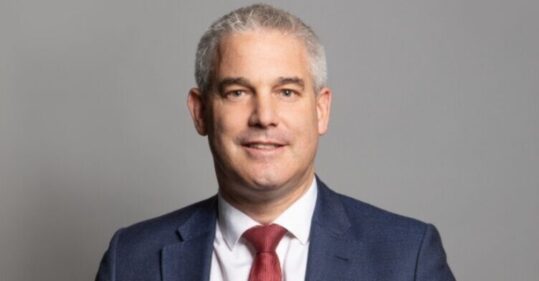Nurses’ strikes to go ahead as negotiations end in stalemate

Nurses’ strikes, set to start this Thursday, now seem all but certain as talks between health and social care secretary Steve Barclay and the RCN ended in stalemate.
Having met with Mr Barclay yesterday last night, the RCN accused ministers of ‘belligerence’ for once again refusing to discuss the issue of pay.
With no new pay deal on the table, nurses are preparing to walk out of NHS employers across Wales, England, and Northern Ireland in a wave of historic industrial action on 15 December and 20 December, with more dates likely to be announced in January if no negotiations are held.
Related Article: BREAKING: Nurses to staff neighbourhood health centres under 10-year plan
After their meeting, Pat Cullen, RCN general secretary said: ‘The Government was true to its word – they would not talk to me about pay.
‘I needed to come out of this meeting with something serious to show nurses why they should not strike this week. Regrettably, they are not getting an extra penny.
‘Ministers had too little to say and I had to speak at length about the unprecedented strength of feeling in the profession.
‘I expressed my deep disappointment at the belligerence – they have closed their books and walked away.’
Related Article: NHS Unite members in Wales reject pay award and signal appetite for strikes
They continued: ‘He again listened to the RCN’s position on pay and reiterated the government has agreed to the recommendations of the independent pay review body and prioritised the national health service with additional investment as announced in the Autumn Statement.’
Related Article: New ‘first-of-its-kind’ adult social care nursing faculty

See how our symptom tool can help you make better sense of patient presentations
Click here to search a symptom




